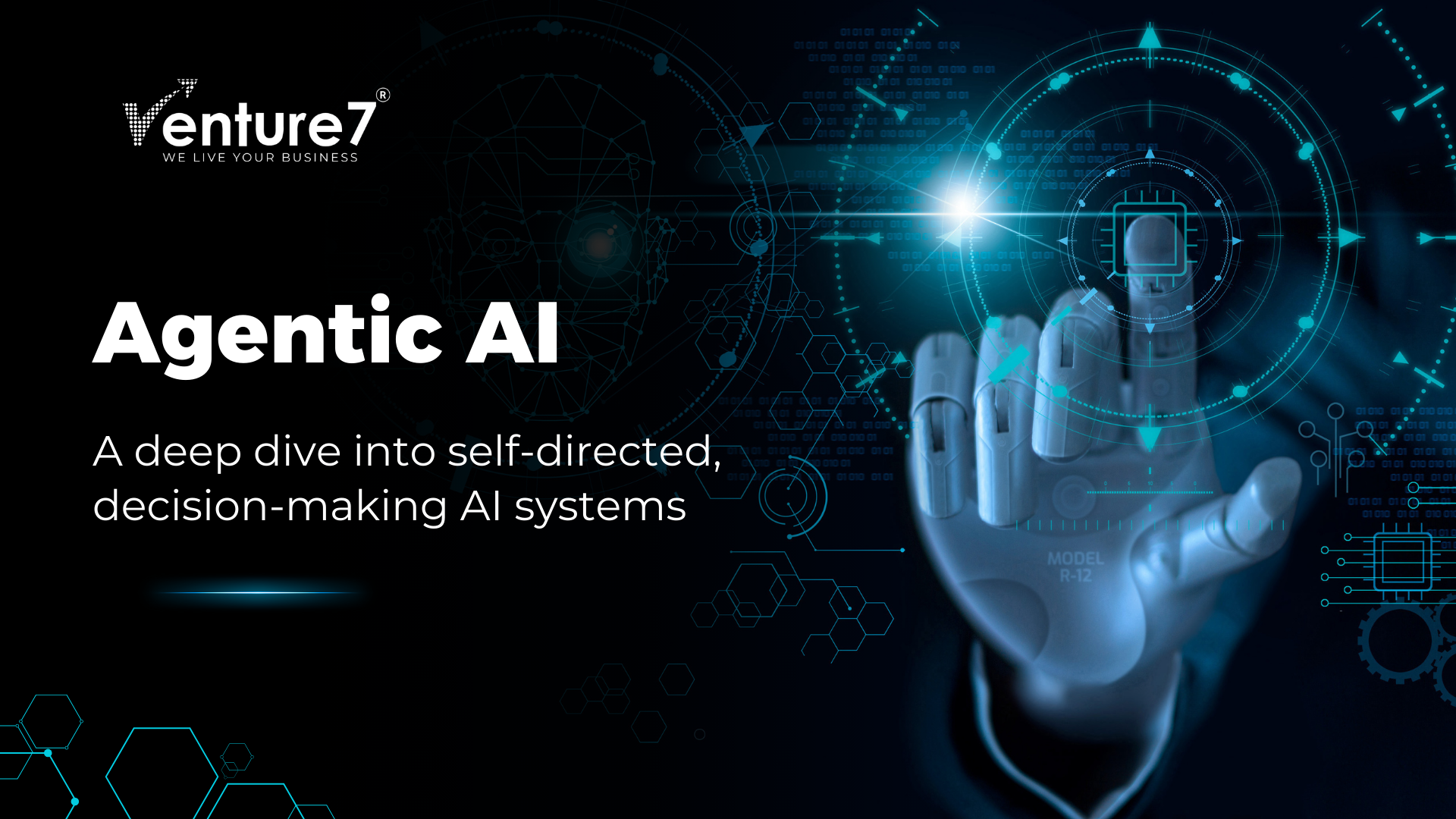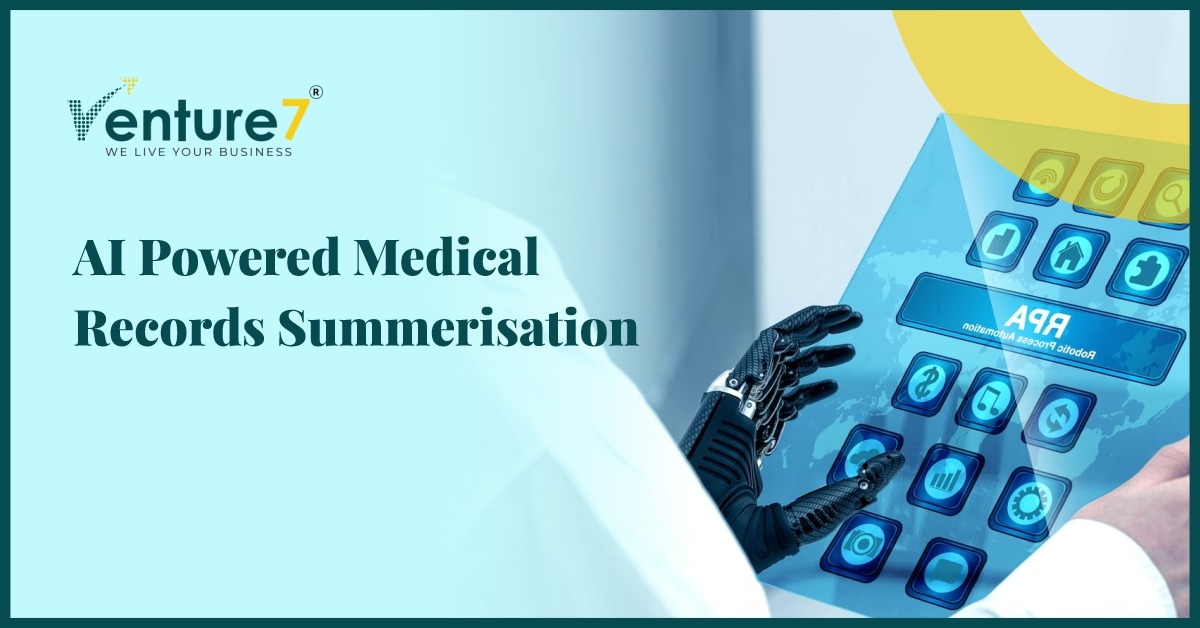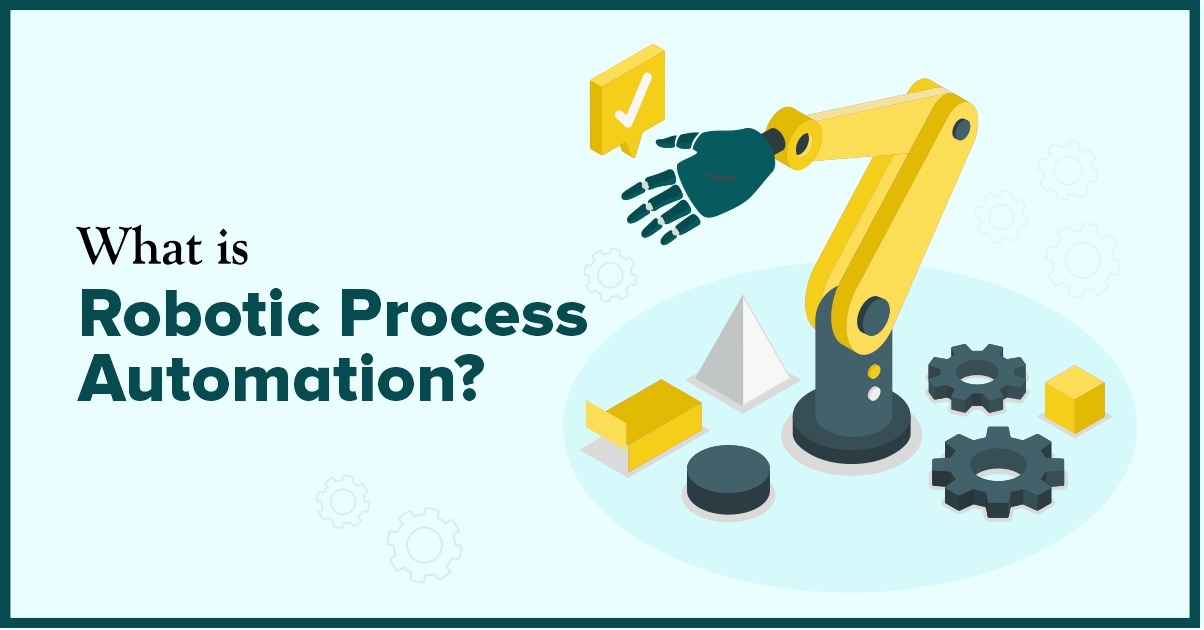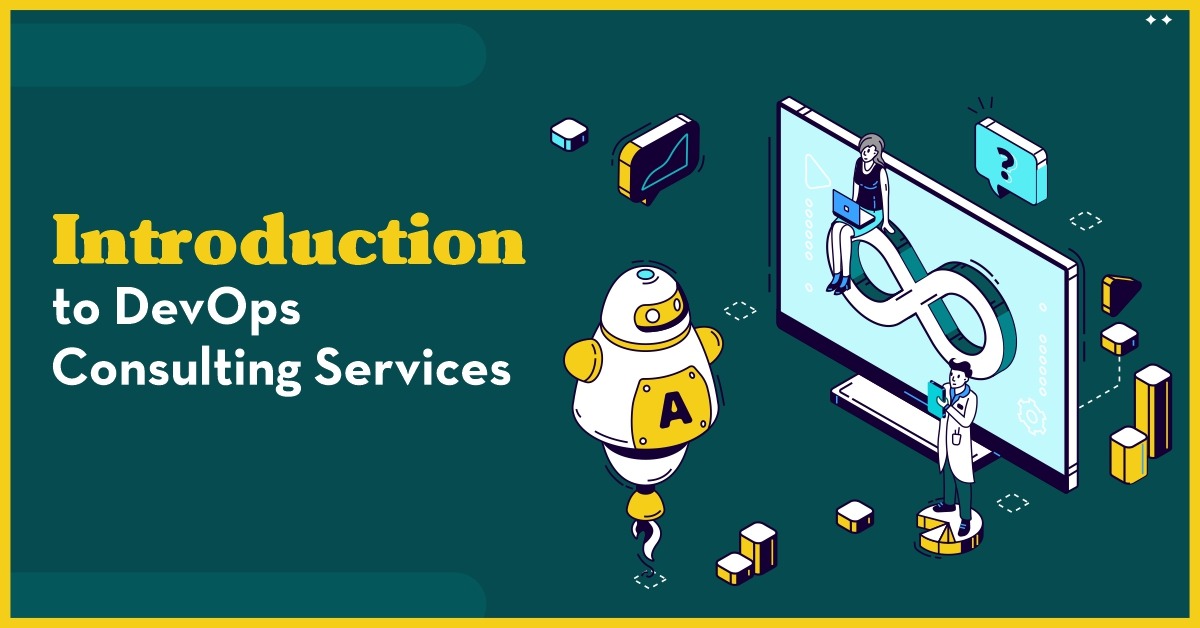Role Of Agile Methodology In Software Testing
Software testing is an integral aspect of every software development company and is continuously evolving to cope with the advanced development approaches. Today, customers require fast updates and implementation of their software in an accurate manner. The traditional software testing methods cannot cope with the changing dynamics of industries. This makes it necessary for the development companies to integrate advanced technologies in order to make the process fast and efficient. Agile methodology in software testing is one such technology that is highly implemented by software development companies for a wide range of benefits that it provides to them. It is a software development and testing methodology that works by a collaborative effort of cross-functional teams and clients. It works with an aim to promote continuous iteration throughout the software development cycle. Within Agile, various testing methods cater to diverse needs. For instance, the behaviour driven development (BDD) method carries out its operations with an aim to improve communication among developers, analysts, testers, etc. so that every member knows and is involved in the software development and testing process. Similarly, the acceptance test driven development (ATDD) method involves viewpoints of diverse members which are inculcated while formulating acceptance tests. These tests describe how a system will function by verifying system capabilities. Agile methodology offers several key benefits to software development teams. Firstly, it facilitates exploratory testing which can carry out test design and execution simultaneously with comprehensive documentation work. This testing method is more adaptable to the changing scenarios of the development industry and offers testers an opportunity to explore an application and identify its capabilities. The testers can use the findings to develop a design and execute tests efficiently. Moreover, Agile methodology enables greater collaboration of diverse teams such as developers, testers, coders, etc. and offers the opportunity to work closely throughout the development and testing cycle. It eliminates the documentation process by bringing automation in the approach which enables testers to deliver the test results faster. The close-knit team of testers and developers have made it easy for them to identify defects instantly by sharing immediate feedback. This enables them to identify and fix bugs while the code is still developing or still fresh. Also Read: What Role Does Data Analytics Play In The Software Testing Process? Furthermore, this methodology has centralized software testing tools and resources which allows testers and developers to improve resource utilization which helps in reducing the cost incurred in software procurement and maintenance to a great extent. Also, rectifying errors and bugs at every stage of the development process helps developers reduce the overall cost and enhances the quality of the final product. In Agile methodology, the software testing process commences during sprint planning and extends until the product’s full development and testing. This approach allows testers and developers to thoroughly assess the scope of development, review testing, and product requirements, and strategically plan their efforts. Moreover, Agile methodology empowers developers to conduct automated unit testing, enabling the early detection and elimination of errors before software reaches testers. This proactive approach streamlines the testing workflow, allowing testers to focus directly on regression testing, thereby enhancing overall product quality. Furthermore, Agile methodology fosters a culture of collective accountability, where every team member bears responsibility for the product’s quality. This methodology identifies results in shorter cycles that allows the team to take preventive measures to enhance the quality of products. Agile provides visibility at every level of development and testing process that enables teams to optimize application and its performance. The time and cost of identifying and fixing defects have hugely reduced with the use of agile methodology. Earlier, with the use of traditional testing methods, the testers could only fix a defect after the product has been completely developed. This process consumed a huge amount of time and increased the overall cost of the product. The use of agile methodology has enabled testers to run the testing process within the same sprint and rectify bugs as and when they are found, resulting in reduced product time and cost. Furthermore, Agile methodology empowers testers to conduct more than just functional testing with their end-to-end knowledge of the process. Agile methodology helps them to have better knowledge about the functionality of the product, enabling them to explore diverse ideas and approaches to improve product performance. Automated software testing with agile methodology enabled faster deployment of products by returning results quickly with the continuous integration process. Limited human intervention in quality assurance process reduces the chances of errors and monotonous tasks. The testing process has become much more efficient and effective with agile development methodology. This methodology has made it possible for the industry to improve their return on investment by inculcating automation and reducing errors in the process. The testing process has become more reliable with agile by bringing testers and developers on the same page. The efficiency of the development and testing process has increased many folds by automating complex tasks in an easier and cost-effective manner. The codes and tasks can be used repeatedly for testing various software with its easy configuration techniques. The same test cases can be run several times in different testing processes using agile methodology, thereby reducing maintenance costs and errors. Besides this, the new test cases can be automatically updated in the test directory with agile. Agile methodology empowers testers to expand the depth and scope of the testing process by creating diverse test suites and incorporating various features into different applications. With Agile, testers can simultaneously execute thousands of complex test cases, boosting scalability and productivity significantly. Agile methodology ensures alignment with customer needs and preferences, enhancing customer service and experience. As software development companies increasingly embrace Agile to adapt to the fast-paced world and disruptive trends, Agile’s streamlined testing process and associated aspects position it as the potential future of the software testing domain. In conclusion: Agile methodology stands as a beacon of innovation and efficiency in software testing. Its collaborative and iterative approach has revolutionized the software development process, offering multiple benefits to development teams and organizations. The multifaceted advantages of Agile methodology, including reduced costs, enhanced productivity, and streamlined processes, underscore its pivotal role in modern software testing practices. Its adaptability to changing customer needs and scalable nature position it as a keystone for innovation and excellence in the digital era.
What is an Agile Methodology?
Benefits of Agile Methodology
Overview of the Testing Process
Cost-effective testing methodology
Easy to Configure and highly Scalable Methodology
Browse by categories
- Agile
- Artificial Intelligence
- Automated testing
- Big Data
- Blockchain
- Business Intelligence
- Chatbots
- Cloud Computing
- Customer Experience
- Data Science
- Design Thinking
- DevOps
- Dialogflow
- Digital transformation
- EduTech
- ETL
- Healthcare
- HealthTech
- Machine Learning
- Mobile application
- Product Development
- Quality Ascent
- Quality Assurance
- Real Estate
- Software Testing
- StartUp
- Testing
Insights

What Is Agentic AI? A Deep Dive Into Self-Directed, Decision-Making AI Systems
Most AI systems work today in the manner of following specific instructions. You ask a chatbot a question, and depending on the data it has, it gives you an answer. You put a destination into a navigation app, and it calculates the best route. All these are reactive AI systems; they react to inputs and […]

Salesforce Consultant for HealthTech Startups
Running a HealthTech startup is no easy feat. You’re constantly juggling patient care, data management, compliance requirements, and, of course, growing your business. But as you try to overcome these challenges, inefficiencies and rising costs can hold you back. That’s where a Salesforce consultant can step in to simplify your journey and help you focus […]

Generative AI – The Future of Healthcare Innovation
The healthcare landscape is entering a groundbreaking phase driven by the emergence of artificial intelligence (AI). While traditional AI is known for its significant role in analyzing existing data, Generative AI moves ahead by creating new data or content. This innovative technology also has amazing potential to transform healthcare in multiple ways. The role of […]

HealthTech Trends of 2024: Shaping the Future of SaaS Healthcare
In the ever-evolving landscape of healthcare, the integration of technology is not just a trend but a revolution, reshaping the field of medical diagnostics, treatment, and patient care. As we progress deeper into the 21st century, the fusion of healthcare and technology has transcended traditional boundaries, heralding a new era of medical innovation like SaaS […]

What is Medical Record Summarization?
Healthcare providers find AI-based medical record summarization attractive. Medical professionals rely on concise medical record summaries throughout the healthcare journey to facilitate informed decision-making. The emergence of generative AI has opened the gates of automating the generation of medical records summaries. As per Statista reports, the global AI healthcare market is expected to experience significant […]

RPA or AI, Which is better?
Considering the question of whether RPA or AI which is better, it’s important to understand that while both technologies involve automating tasks, they have different approaches and purposes. AI involves creating intelligent machines capable of emulating human reasoning, learning, and problem-solving. This entails employing intricate algorithms and data analysis to enable machines to learn from […]

What’s Driving the Surge in Robotic Process Automation?
During the 1990s, many companies adopted business process reengineering as a popular way to revolutionize their end-to-end business processes, using emerging technologies such as enterprise resource planning (ERP) systems and the internet. For instance, they implemented large-scale ERP systems like SAP or Oracle to facilitate data exchange and create a strong IT infrastructure. Process management […]

Bottom-Up Software Effort Estimation Technique
Last time, we explained that even though estimating software project timelines is tough, we should do it anyway. We also broadly discussed some of the common estimation techniques. With that background, we want to go into further detail about the bottom-up software effort estimation technique that works for us. A critical aspect any estimation technique […]

What are the different software effort estimation techniques?
What are the different software estimation techniques is a thought-provoking question. Every development team encounters its fair share of challenges when striving to meet delivery deadlines – it’s part and parcel of the job. This, in turn, can lead to considerable delays in software projects, leaving project owners scratching their heads in frustration. So, you […]

Introduction to DevOps Consulting Services
We provide DevOps consulting services to help you dramatically speed up and optimize your work processes using the most advanced automation, development, and implementation methods. We have excellent hands-on experience in bringing development and operations teams together. What types of DevOps Consulting Services does Venture7 provide? DevOps Implementation Consulting We offer DevOps consulting services to […]